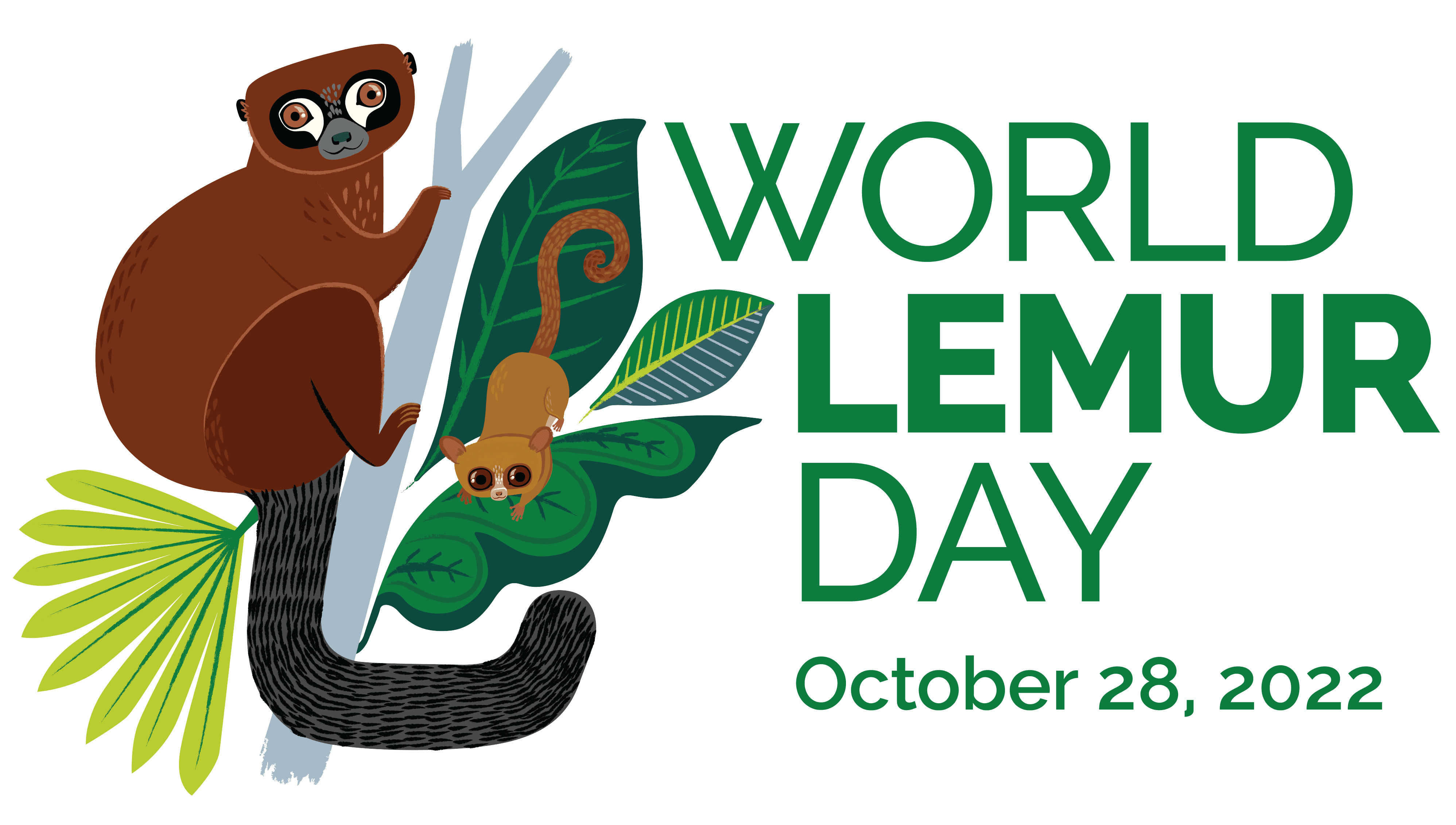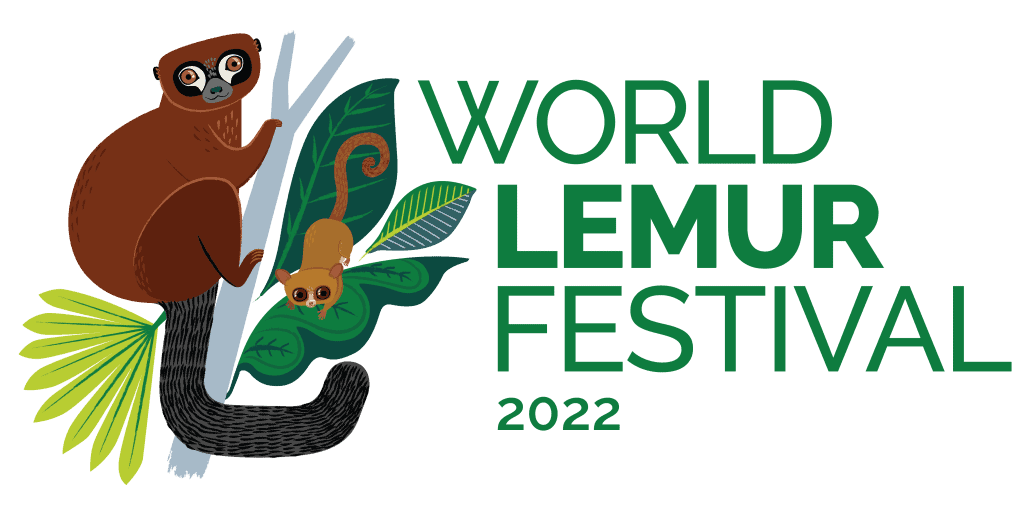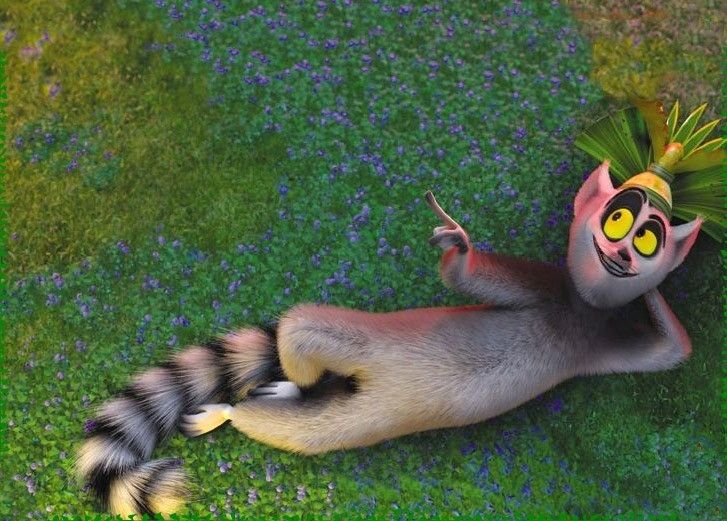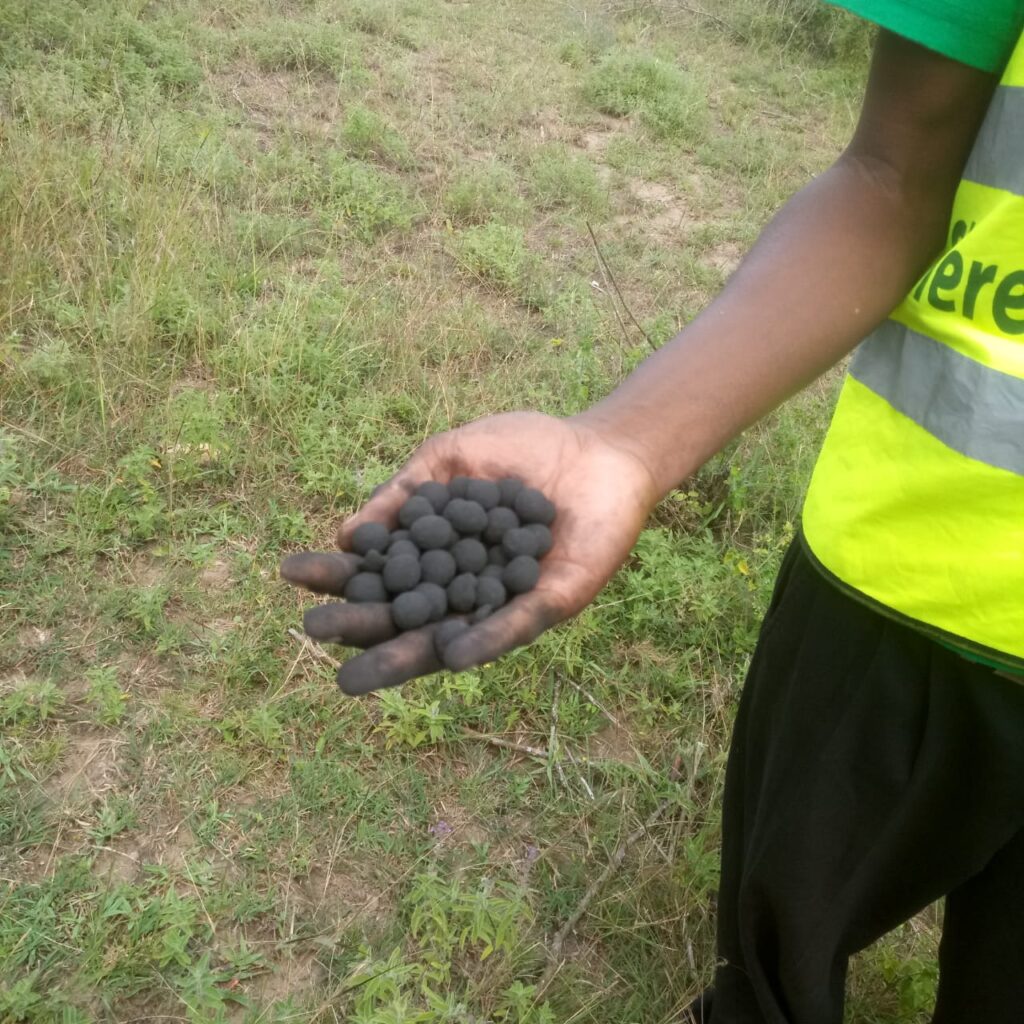
In a single year, there are many environmental holidays that we observe and celebrate. Today, October 28th, 2022, we celebrate World Lemur Day.
World Lemur Day is celebrated on the last Friday of October, every year. In the spirit of encouraging and inspiring people around the world to love lemurs and join in the effort to save the species from extinction. There is a World Lemur Festival celebrated during the weeks surrounding the World Lemur Day.
This year, the World Lemur Day and Festival, in an effort to include the whole world, will include both virtual and in-person events in Madagascar and around the world. So, there’s no rush to get that plane ticket! Take a look at the Participation Guide and Event Calendar to get involved.

World Lemur Festival Background
The first World Lemur Festival was held and celebrated on October 24th to 31st, 2014, in Antananarivo, Madagascar. The goal was to raise awareness concerning the value of lemurs as the island’s unique natural heritage among scientists and the general public, as well as to awaken pride for lemurs among the Malagasy people, improve the economy via tourism, and promote the conservation of lemurs and education worldwide. The event was the creative effort of one of Madagascar’s leading primatologists, Jonah Ratsimbazafy of GERP Madagascar, and one of the Project Advisors at the Lemur Conservation Network.
Groupe d’étude et de recherche sur les primates (GERP)
An association established in 1994 by the Department of Biological Anthropology and Palaeontology, and Department of Animal Biology of the University of Antananarivo, based in Madagascar with members who include scientists and primatologists, with its purpose being the conservation of lemurs, focusing heavily on local community engagement to effect change.
Fun Facts about Lemurs
- Lemurs can sing! Indris are often heard singing in rainforests in the east of Madagascar. They sing varying on the location and the animal they are singing to. They also sing to mark their territories. The Indri male and female sing in sync with each other closely resembling a talented a capella group.
- Ring-tailed lemurs mark their territory using scents from the male secretions from their wrist and chest glands.
- Lemurs help the forest grow! They do this by dispersing seeds and pollinating flowers. This facilitates the maintainance of forest diversity, structures and dynamics. This is possible since the lemurs can get pollen or seeds stuck on their fur in their search for fruits and nectar, and they disperse the carried pollen and seeds on to other flowers. Even when they eat fruit, the seeds can pass through their digestive systems and excreted in new areas.
- Lemurs are at a great risk of extinction. They are the world’s most endangered primates.
- They are considered unique primates because they evolved before monkeys and apes. They are the world’s oldest living primates (70 million years old), meaning they roamed the earth with the dinosaurs!
- They are native to Madagascar, where there are over 107 species
- They are the only primates, besides humans, that have blue eyes – The Blue-eyed black lemurs (Sclater’s lemurs). The blue-eyed black lemurs are listed as Critically Endagered on the IUCN Red List of threatened species.
- The society of lemurs is female dominated. The directors of lemur social groups are female leaders. Female lemurs have been observed snatching food from their male counterparts, even kicking them out of sleeping spots and showing physical aggression. This is unlike other mammal behaviors, as most are dominated by the males.
Sources – https://www.lemurconservationnetwork.org/top-10-facts-about-lemurs/ , https://www.britannica.com/facts/lemur-primate-suborder


